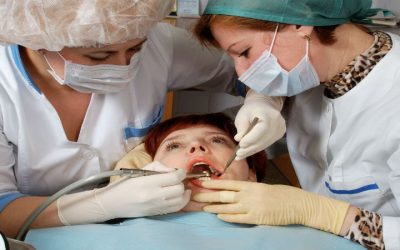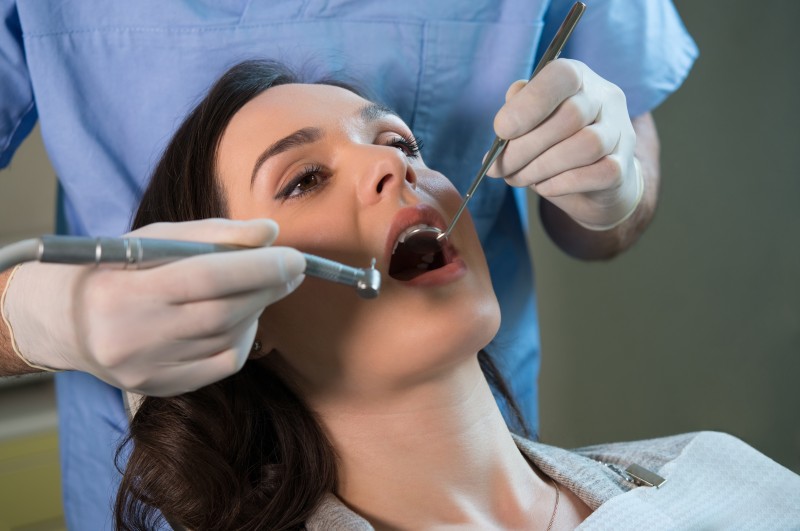Many people in the Hoover area wrongly believe that they are in good dental health if there are no cavities. Although tooth decay and the resulting cavities are common, there are other dental conditions that patients and dentists need to look out for. Another common condition that affects many is periodontal disease, which is also known as gum disease. Even if the teeth are in good health, the healthy gum tissue is needed to sustain them. Gums can become inflamed due to bacteria and plaque. Eventually, the gum tissue will begin to recede. If the gum tissue recedes too much, that could lead to the loss of teeth. That is why patients who have periodontal disease need to get treatment at the dentist in Hoover before it is too late.
First of all, it is best to prevent gum disease from occurring. All patients should visit the dentist in Hoover at least twice per year. At each visit, there should be an exam by the dentist as well as a professional dental cleaning. The exam is very helpful in diagnosing dental conditions early. With most dental conditions, treatment is a lot easier, cheaper, and more successful when diagnosis occurs during the early stages of the disease. The cleaning helps get rid of the remaining bacteria and plaque that the patient could not remove with daily brushing and flossing.
If periodontal disease is diagnosed by the dentist in Hoover, there are a number of treatment options available at the Anglin & Nelson Dental Clinic. One treatment that many patients will get is a deep cleaning. This is similar to a normal dental cleaning by the hygienist. However, the patient will need injections of local anesthetic since the hygienist will clean below the gum line. Another option is to take low dose antibiotics. This helps the body fight the bacteria that is lurking in the gum tissue. With more advanced periodontal disease, gum surgery may be necessary. Most people can return to work shortly after the surgery. Hospitalization is not required with gum surgery. Patients should not assume that their gum disease is irreversible. However, it is best to seek treatment as soon as possible.

